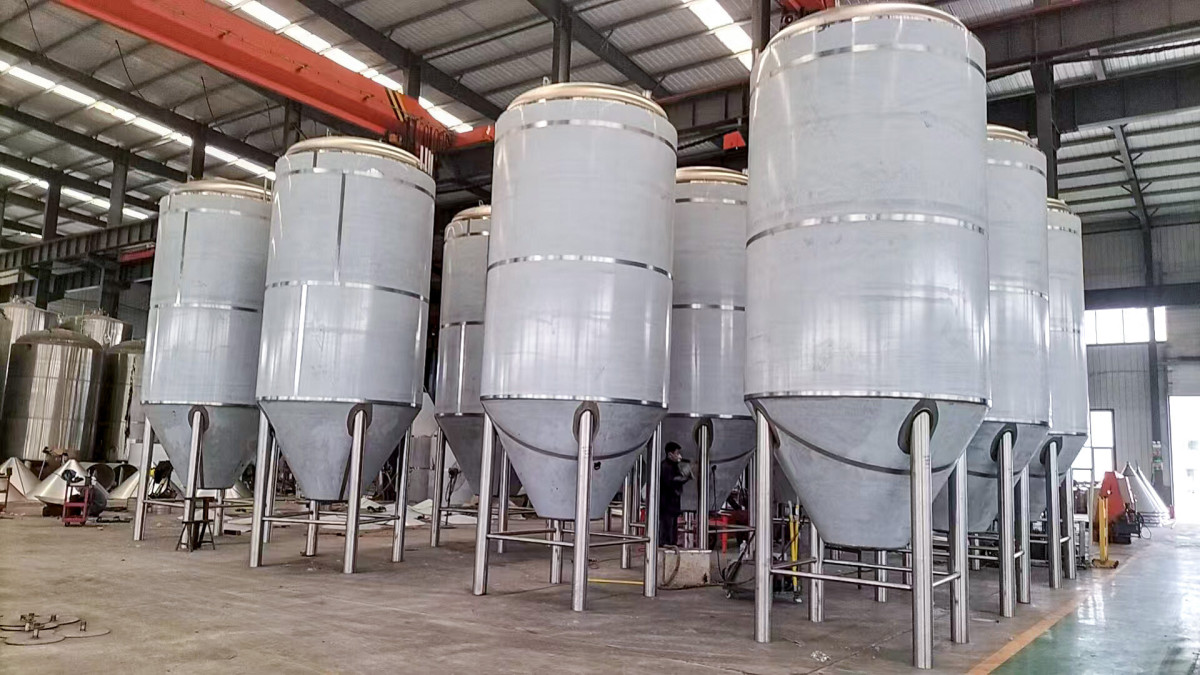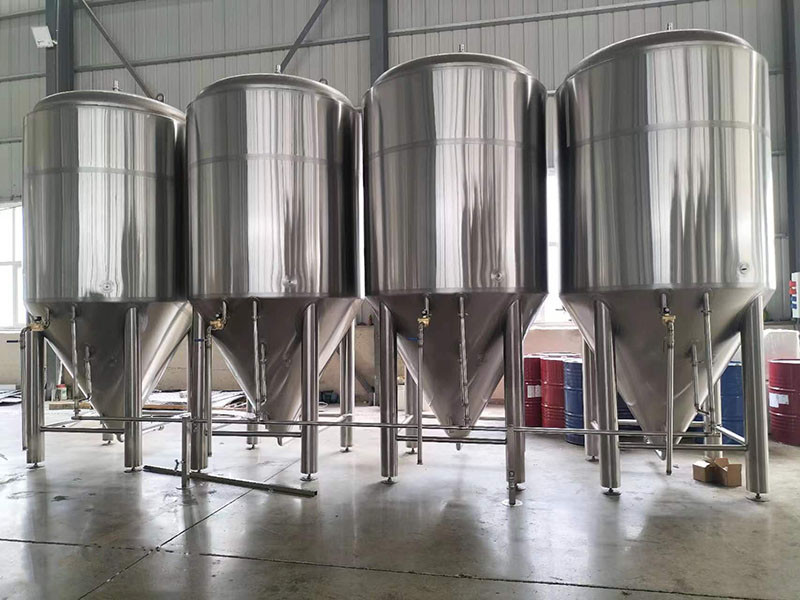A Guide to Choosing the Right Fermenter Suppliers
Why Is the Fermentation Process So Important?
Fermentation is a biochemical process in which microorganisms such as yeast or bacteria convert sugars into alcohol, acid, or gas. This process not only preserves food and produces alcohol but also enhances flavor, boosts nutritional value, and aids digestion. That’s why beer is often referred to as “liquid bread” in industrial terms.
The Benefits of Fermentation include:
Fermented foods often contain probiotics, which support gut health
They help improve nutrient absorption
They reduce the presence of harmful substances in food
From yogurt to kimchi to beer, fermentation not only extends the shelf life of foods but also enriches their flavor profiles.

How to Choose the Right Fermentation Vessel?
There are many fermenters on the market, but not all are suitable for beer fermentation.
Glass fermenters are popular because they are non-reactive, easy to sterilize, and allow intuitive observation of the fermentation process. They come in various sizes and are ideal for making pickles, fermented vegetables, and small batches of kombucha.
❗ However, they are not suitable for beer fermentation.High-quality stainless steel fermenters are typically used for beer brewing. A stainless steel conical fermenter is:
Durable
Temperature-controllable
Pressure-resistant
This makes them ideal for microbreweries or brewing laboratories.
Advanced Fermentation for Commercial Users
For advanced brewers or commercial users, automated fermentation equipment with real-time data collection can be much more efficient.
These high-tech fermentation systems monitor:
Temperature
Pressure
pH levels
Fermentation rate
in real-time, making them ideal for production environments that require precision, stability, and scalability.

For Beginner Brewers: Start with Kombucha
Kombucha is one of the most beginner-friendly fermented beverages. This slightly sour, bubbly tea is made by fermenting:
Tea leaves
Sugar
A SCOBY (Symbiotic Culture of Bacteria and Yeast)
Kombucha is rich in organic acids, which may aid digestion and detoxification.
In addition, kombucha fermentation is relatively easy to get started with, making it a suitable option for beginners in home brewing.
Starting with kombucha fermentation allows you to learn basic skills like:
Sanitation
Temperature control
Understanding the fermentation cycle
These foundational skills prepare you for more complex fermentation processes in the future.
